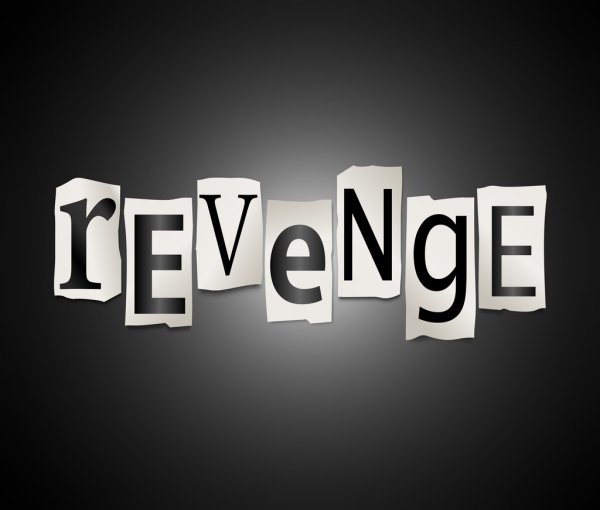The Tempting Tempest of Revenge: A Vicious Cycle


Revenge, a potent force driven by anger, betrayal, and a desire for justice, has been a recurrent theme in human history and storytelling from ancient epics to modern thrillers. It is a primal instinct that can provide a temporary sense of satisfaction, but often leads to a never-ending cycle of violence and suffering. Here, we delve into the intricate web of revenge and its detrimental impact on individuals and societies.
The Nature of Revenge:Revenge is a natural response to feelings of injustice or harm inflicted upon us or our loved ones. It is an emotional reflex, triggered by anger, humiliation, or a sense of loss. The desire to restore balance and seek retribution can be overwhelming, guiding the individual towards actions they may later regret.
However, it is important to understand that revenge rarely brings true closure or satisfaction. Instead, it perpetuates a cycle of violence, creating more victims and deepening wounds within individuals and communities.
The Downfall of Revenge:Engaging in revenge often showcases our own weaknesses rather than our strengths. It entraps us in a state of constant bitterness, anger, and obsession, impairing our ability to grow emotionally and move forward. Seeking revenge becomes an all-consuming pursuit, ultimately blinding us to the joys of forgiveness, personal growth, and peaceful resolution.
The Harmful Impact on Individuals:When consumed by a desire for revenge, individuals can undergo a gradual transformation, losing touch with their original values and principles. Rather than healing their own wounds, they become entangled in a web of hatred and obsession, harming not only those who wronged them but also themselves.
Additionally, the act of revenge often escalates conflicts and triggers a chain reaction of retaliation. By seeking revenge, one risks instigating a never-ending cycle of violence that can engulf entire communities and perpetuate a cycle of suffering.
The Ripple Effect on Society:Revenge exists not only at an individual level, but it also reverberates throughout societies. Historical conflicts, fueled by the thirst for revenge, often leave lasting scars on the collective memory, leading to deep-rooted resentments, animosities, and long-standing feuds.
The aftermath of revenge can fracture societies, further exacerbating divisions along cultural, ethnic, or religious lines. It erodes trust, fuels animosity, and hampers the possibilities of reconciliation, collaboration, and ultimately, progress.
Breaking the Cycle:Breaking free from the destructive cycle of revenge requires tremendous courage and strength. It requires a shift in perspective, acknowledging that revenge only perpetuates suffering and blinds us to alternative paths of healing and growth.
Instead of succumbing to revenge, individuals should strive for empathy, forgiveness, and the pursuit of justice through peaceful means. By fostering dialogue, understanding, and compassion, we can promote harmony and work towards constructive solutions that benefit both individuals and societies.
Revenge may seem like a seductive path towards regaining power or finding closure, but it is a dark and tempestuous road that only leads to more pain and suffering. By embracing forgiveness, empathy, and peaceful resolution, we can break free from the cycle of revenge and strive for a brighter future, one that is built on understanding and the pursuit of justice for all.
